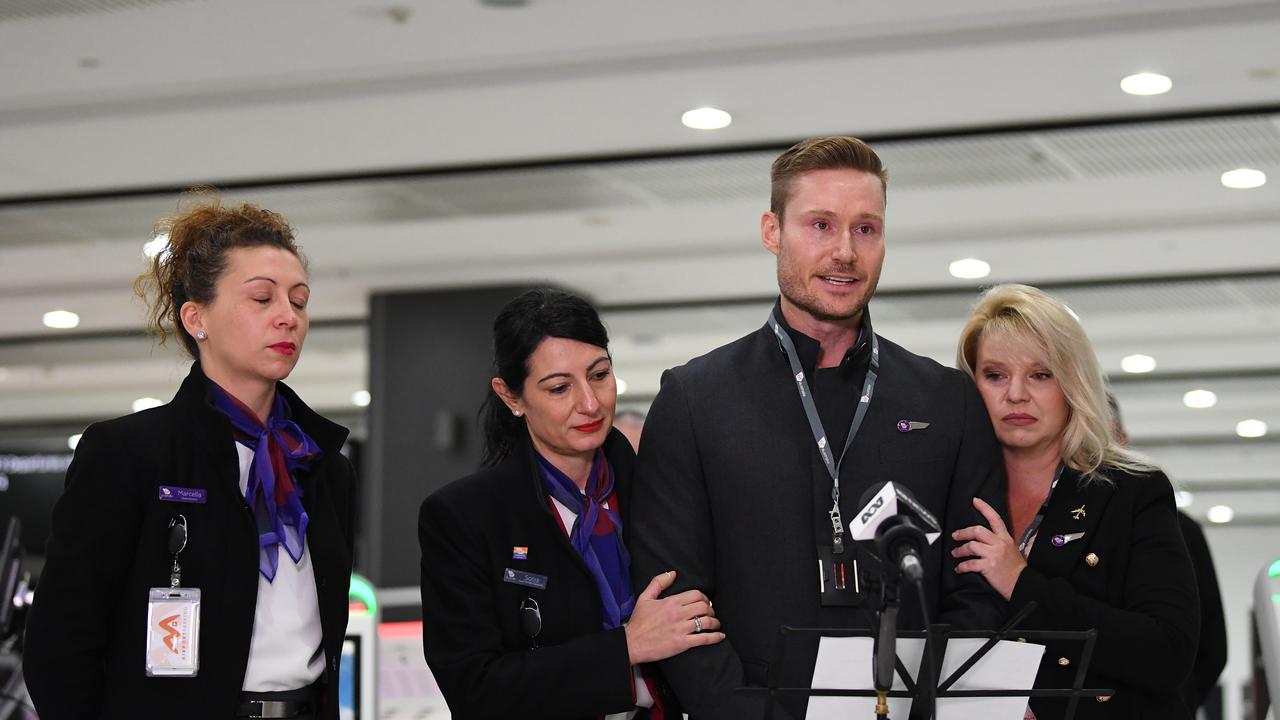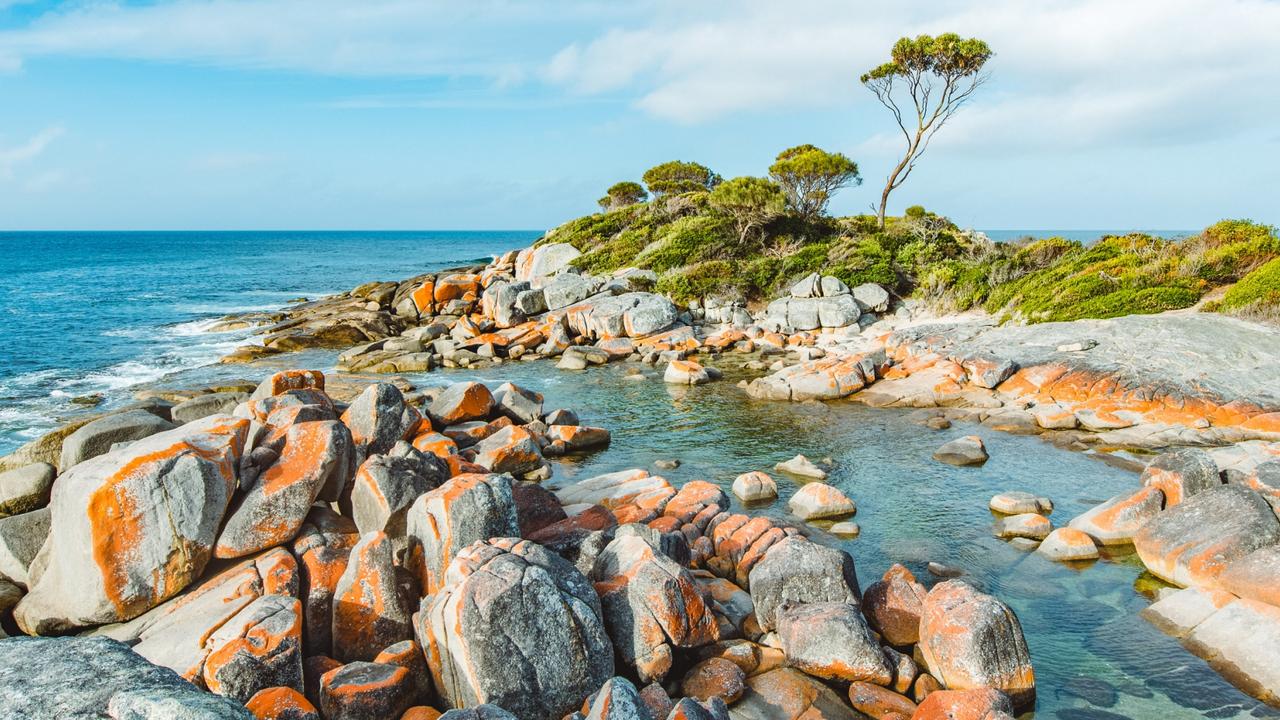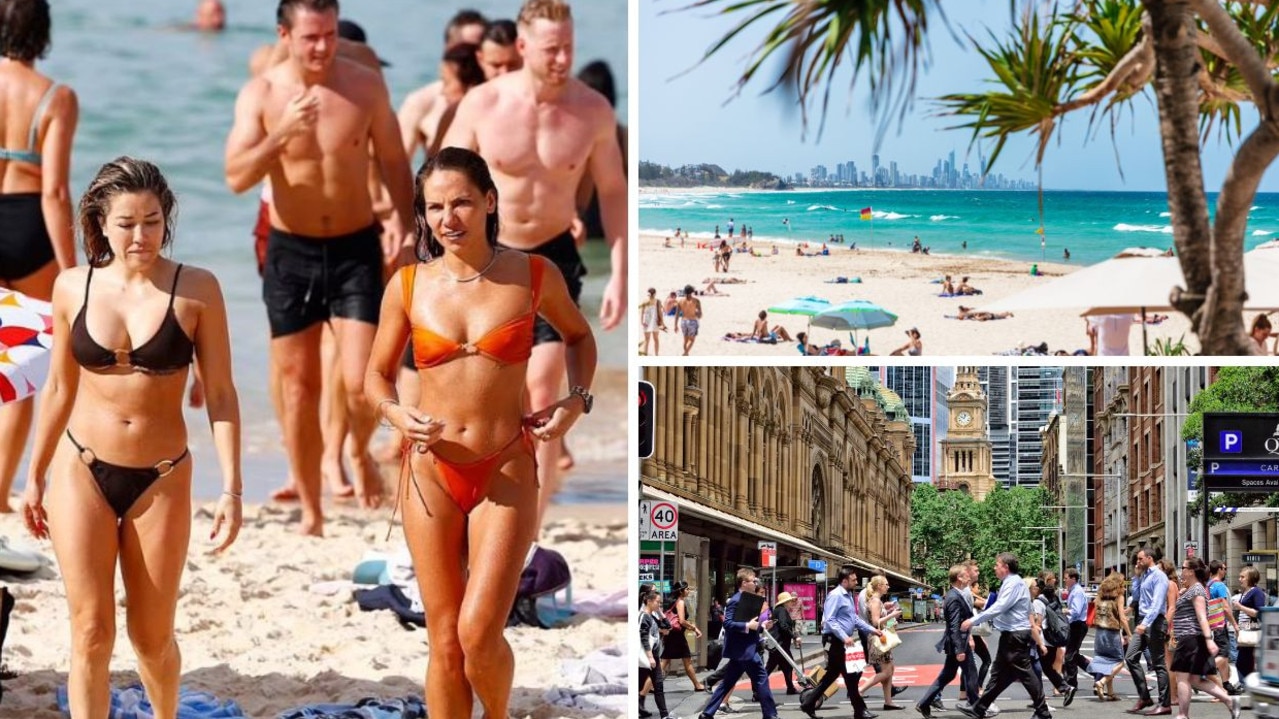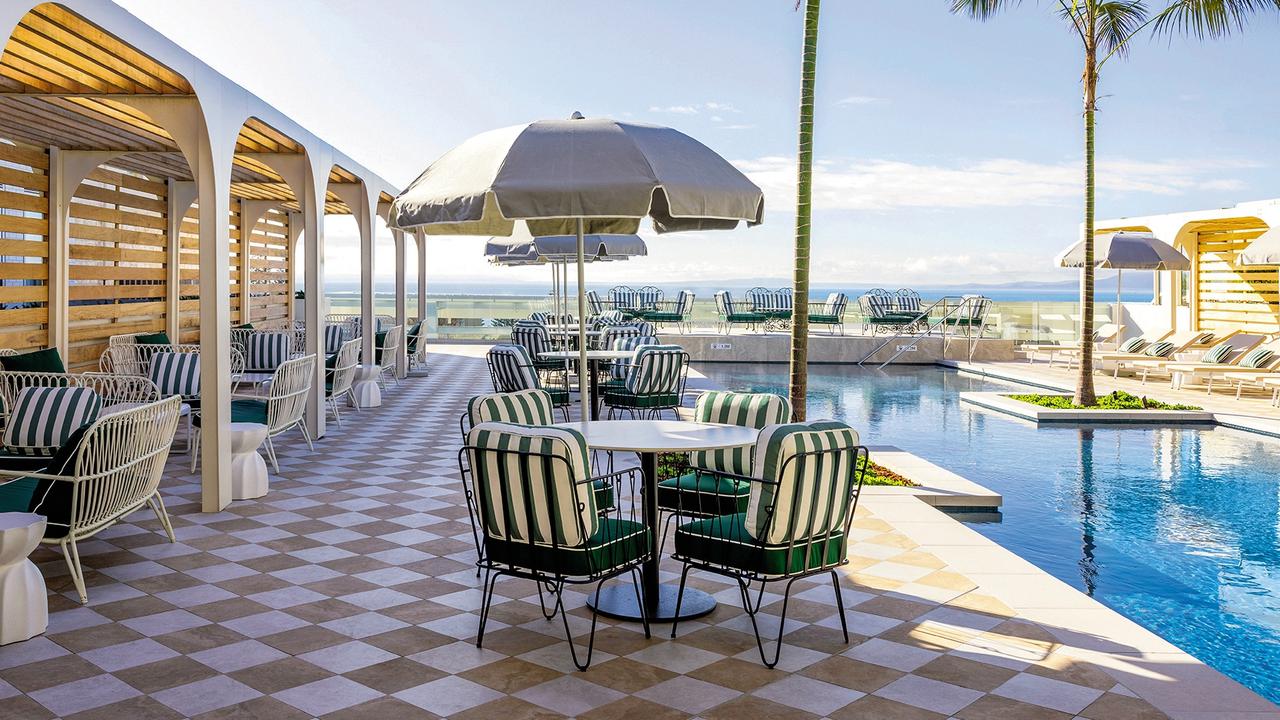‘This is not the end’: How Virgin Australia’s voluntary administration could be a good thing
Virgin Australia’s voluntary administration could turn out to be a good thing, with history showing other companies came out stronger.

Virgin Australia is down but not out, insolvency experts insist.
The airline has been placed into voluntary administration with massive debts of about $5 billion amid a destructive travel downturn crippled by the coronavirus pandemic.
But it's not the first iconic company to hand over its books to an insolvency firm as co-founder Sir Richard Branson — whose group owns 10 per cent in the Queensland-based entity — insists “this is not the end”.
Treasurer Josh Frydenberg said the survival of Channel 10 and confectionery producer Darrell Lea are just two of a host of Australian companies to have come out stronger after slipping into voluntary administration.
“This is not liquidation. This is not Ansett. This is not the end of the airline,” Mr Frydenberg said earlier today, adding administration is also a path well trodden for retailers in need of a restructure and recapitalisation.
RELATED: Kmart, DJ’s online services slammed
RELATED: Genius companies thriving in lockdown
RELATED: ‘Disturbing’ figures reveal business shock
The Ten Network was on the brink of ruin in 2017 when shareholders Lachlan Murdoch, Bruce Gordon and James Packer decided against guaranteeing a $250 million loan to cover overdraft fees.
But the home of MasterChef was saved by a bid from United States network CBS.
“Administration is different to what we call liquidation,” Insolvency Experts veteran Scott Howell told news.com.au.
“It’s a mechanism that allows administrators to continue to trade the business while it seeks a possible restructure.
“The outcome of an administration is like a stopgap measure, it is to either a restructure that comes out the other side with some kind of deal between the company and its creditors.
“Or the other outcome is liquidation, where it literally gets liquidated and sold off.”
Mr Howell said the classic example of successful companies being restructured is in the retail space, where a chain’s underperforming stores would be trimmed off and sold.
“Often an administrator can come in and cut out the cancer and allow the profitable part of the business to move on and live to fight another day,” he said.
Deloitte’s Vaughan Strawbridge, who is in charge of the administration of Virgin Australia, told reporters today there were more than 10 suitors who have expressed interest in taking over the nation’s second airline, which is critical in ensuring competition for consumers.
“There are a number of very sophisticated parties who have got the capability to be part of the restructure of the company,” he said.
“We plan to run that process very hard with our advisers in order to make sure that that process is as short a period of time as possible.
“We are calling for expressions of interest, which we expect we will receive within the next couple of weeks.”
Leading independent economist Saul Eslake told news.com.au he can “certainly see a future for a second airline”.
“It's very much in Australia’s interest that we have a competitive domestic aviation market,” he said.
“That's partly a matter of having competitive pressure on airfares, that’s an important dimension of it, but it’s also about ensuring as many places as possible have some kind of air link service.”

WHAT'S VIRGIN'S CANCER?
Mr Howell said Virgin Australia attempted to reposition the airline away from its budget beginnings and focus on becoming a carrier for business clientele in recent years.
“And that seems to have failed,” he said.
Another option will be to look at cutting routes that are unprofitable or refinance the debt owing on the fleet of more than 100 aircraft. Cutting the number of planes it owns is another obvious possibility.
“Because there is so many stakeholders in such a big company, it has more chances of coming out the other side in some shape or form,” Insolvency Experts’ Mr Howell said.
“You've got some serious hitters — you've got government at both a state and federal level, you've got the Etihad and the Singapore Airlines of the world, and you've got Chinese investors in there.
“Those kinds of investors aren't going to want to lose all their money.”
Dear @VirginAustralia team. I am so proud of you and everything we have achieved together. This is not the end of Virgin Australia, but I believe a new beginning. I promise that we will work day and night to turn this into reality https://t.co/GJH1zhEqEd pic.twitter.com/GelLiA6DKG
— Richard Branson (@richardbranson) April 20, 2020
EXTRAORDINARY TIMES
Virgin Australia entered the coronavirus crisis struggling with debts but the major issue hanging over a prospective buyer and the administrators now in charge is simply – the inability to fly.
“This isn't a voluntary administration in a normal situation where you can just continue to trade,” Mr Howell said.
The massive disruption to the industry creates the prospect of another option for the Federal Government — let the airline go under and hope that another entity sees the market potential to embark on a second airline once the borders are reopened and tourism begins to flow again.
“It doesn't have to be Virgin,” says Steven Kugel, another veteran at Insolvency Experts.
“Someone else might see an opportunity and come in and pick up the aircraft and facilities cheap and restart.”
The unique deterioration of industries as a result of the pandemic means it's nearly impossible to predict what the business prospects will be, says Mr Kugel, who has restructured businesses through various crises including the Global Financial Crisis and following the 1987 Black Monday stock market crash.
“How do you make decisions when you don't know what's ahead of you, because no one can tell you what's going to happen,” he said.
“It's a really hard space to be in.”
Continue the conversation on Twitter @James_P_Hall




